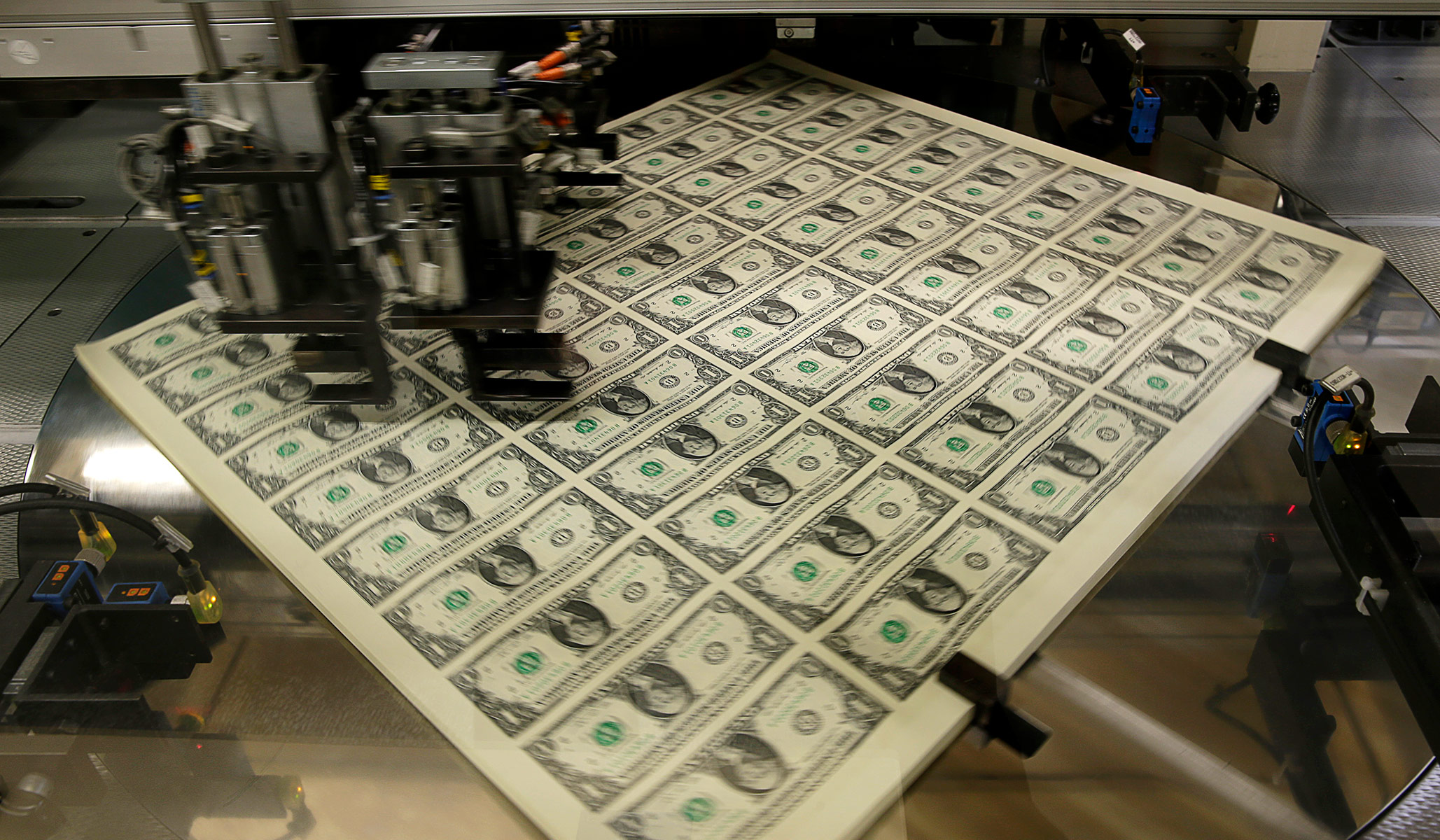Strange as it may seem, inflation can generate winners as well as losers (to generalize wildly, these can include certain categories of debtor, and owners of the right class of asset), but the losers tend to outnumber the winners, and they typically feel very strongly about it. This means that efforts to explain away the difficulties that today’s inflation might be causing some people (or, indeed, to dismiss surging prices as no more than a passing storm) may be very poorly received. I’m old enough to remember the milk wars from back in (checks notes) early November, a controversy further enlivened by the unmistakable class tensions that ran through it.
Now there’s Stephanie Ruhle on NBC (here via Real Clear Politics):
Nobody knows exactly when [prices are] going down, but you have to put all this in perspective. This inflation is not in isolation, and the government predicted it was going to be a challenging recovery, recovery all tied to Covid.
So it’s why you see things like that expanded child tax credit. You’ve got the families of over 60 million kids, on average, getting $430 a month. For people on fixed incomes, older people on social security, they’re getting those fixed payments adjusted next year up 5.9% for inflation.
And the dirty little secret here, while nobody likes to pay more, on average we have the money to do so. Household savings hit a record high over the pandemic. We didn’t really have anywhere to go out and spend. And as we said a moment ago, we’re expecting retail sales this holiday season to break records. For those who own their homes, the value of our homes are up.
While the stock market isn’t the economy, you have over half of American households with some investment in the markets and they hit market highs.
So we need to put all of this in perspective. This time last year when you and I were talking nobody had a vaccine. Now 200 million Americans do, and we’re seeing this push of demand and that’s pushing up pricing.
Someone struggling to pay the bills is unlikely to relish comments such as those, not least because of the element of reproach that runs through it: did you sock enough money away, when (if?) you had the chance. More than it, such comments underplay the unease that rising prices bring in their wake. Shoppers may be able to afford their grocery selection now, but what about in a few months? And the fact that they can afford to pay higher prices now may, paradoxically, cause its own problems. If higher costs can be passed on, they will be (and, yes, I know that the alternative — shortages — may well be worse), perhaps with a little extra added on for luck. As someone who grew up in the inflation-hit Britain of the 1970s (inflation peaked there at a little over 24 percent in 1975), I have been struck by early sightings (anecdata alert) of new price stickers attached to older price lists, something that brought back old, unpleasant memories and which is generally not a harbinger of good times ahead.
I was a little surprised to read Ruhle’s comment that “for those who own their homes, the value of our homes are up,” not because it’s not true — for the most part it is — but because, as reassurances go, it’s not the best. Rising home prices may be good news for many homeowners, but the implications for those who don’t own the roofs over their head (the homeownership rate in the U.S. is around 65 percent) are bleak. Rents are up, starter homes are increasingly out of reach, and, for those keeping score, the rising price of “shelter” (in the case of increased house prices this comes through indirectly, and with a lag) will push the CPI up still further (shelter accounts for about a third of the index).
Some of the reasons for the increase in home prices (and rents) are specifically related to pandemic-related changes in where people want to (or can) live and may indeed prove “transitory.” Other explanations include at least a decade of underbuilding, a problem that neither is transitory nor can be blamed on the Biden administration, although President Biden’s tax and regulatory plans are unlikely to encourage home builders to get to work. And, of course, there’s something else. Ultra-low interest rates encourage people to take out mortgages, increasing the demand squeeze. Even if we see interest rate increases sooner than expected, they are unlikely to rise very far. Adding to the pressure if inflation remains elevated will be the idea that a house can, so to speak, be a hedge. The result will be to push up demand still further.
The current surge in prices has already shown itself to be, contrary to reassurances, more than transitory, but that does not give much guidance as to how long it will ultimately last. While there are good reasons to believe that some of the factors arising out of post-pandemic disruptions (and almost certainly made worse by the way that demand was given an additional boost by the $1.9 trillion spending bill passed earlier this year) will fade away, there is also the uncomfortable reality that once inflation gets going it has a habit of developing its own momentum — and there will be little that is transitory about that. There is also the small matter of what’s happened to the money supply to think about. Click on this link (for M1) if you are brave enough.

Well isn’t it reassuring that the Social Security COLA of 5.9% will more than cover the 75%-100% rise in prices for goods that you MIGHT be able to get, if the supply chain were not broken by the democrat defectives running this s-t show?
A 22% increase in Medicare completely negates the 6.5% Social Security COLA.